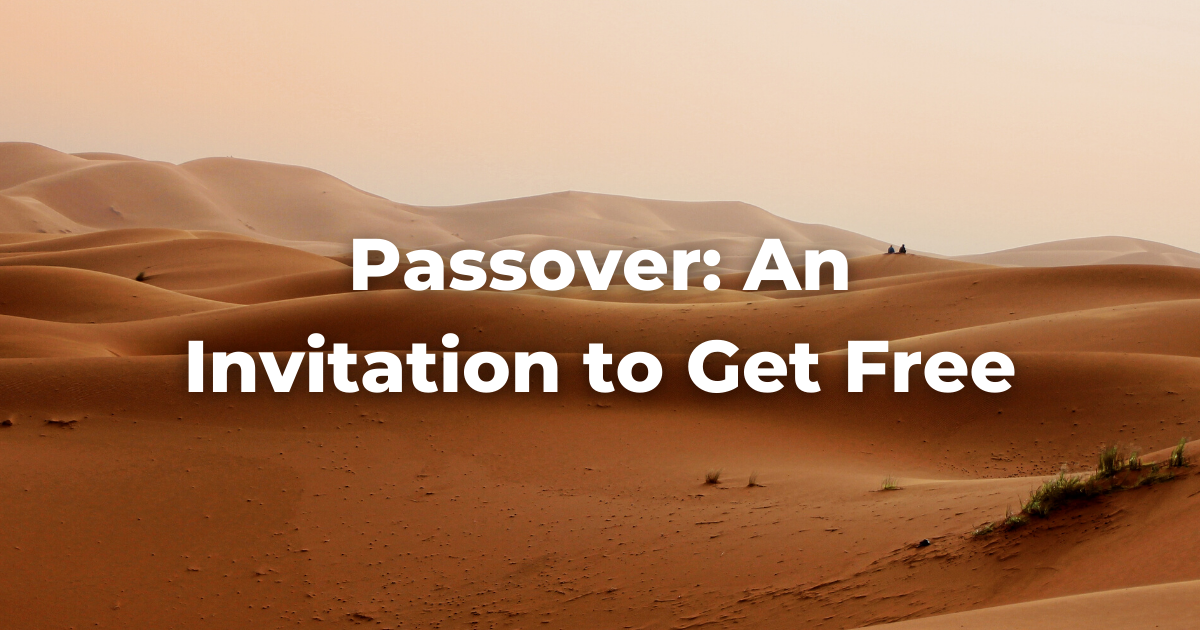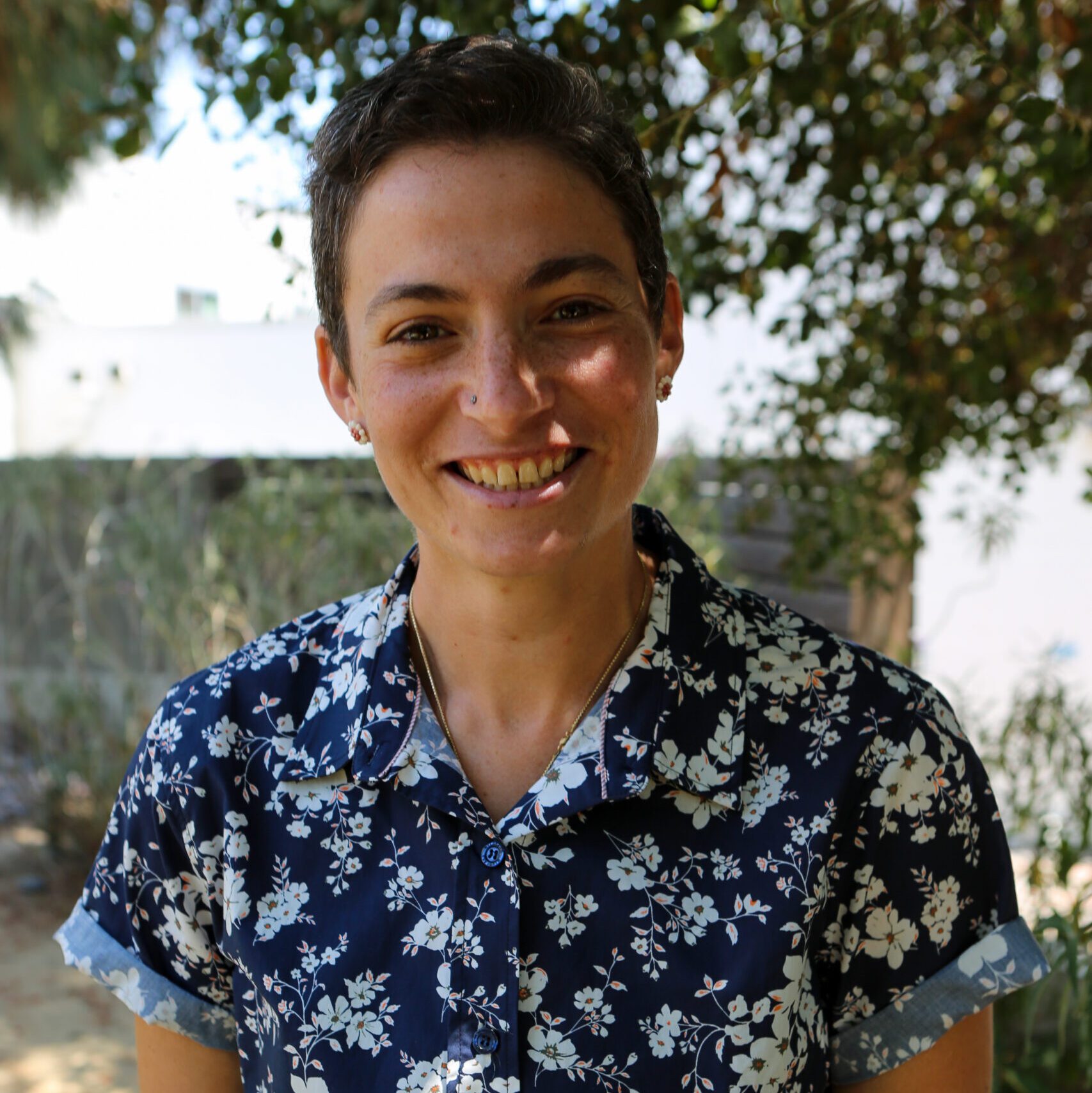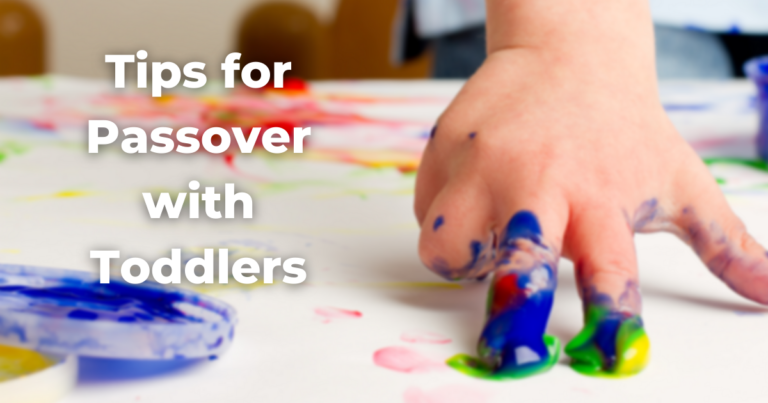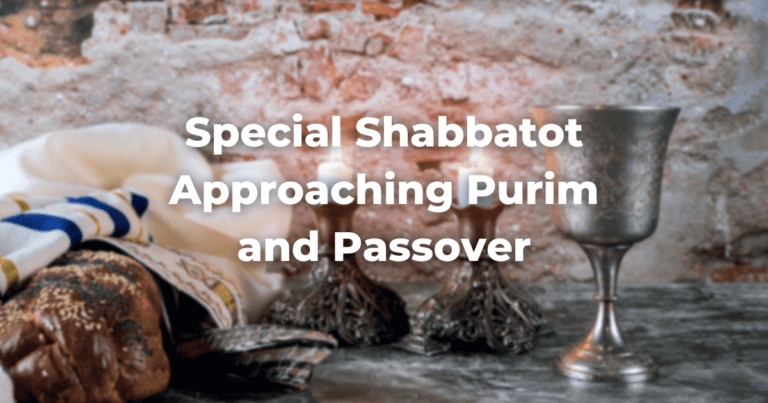This piece is part of Exploring Judaism’s 5784 Passover Reader. Download the whole reader here.
Passover, in Hebrew Pesach, is the holiday of getting free. The Israelites left slavery in Egypt, and we too are individually commanded to get free. As Rabban Gamliel teaches: “In every generation, a person must regard themselves as though they personally had gone out of Egypt.”
This commandment is not an intellectual exercise. It’s personal. It’s a spiritual invitation to ask ourselves:
To what or whom am I enslaved? And am I willing to get free?
These can be scary questions to ask. After all, if I am enslaved to, say, my anger or resentments or my desire for approval, or if I’m enslaved to my work or drugs or alcohol, then what? Once I know what I am enslaved to, I become responsible for what comes next.
And responsibility is scary. But responsibility is also how I get free.
Not everyone is willing to get free. A midrashThis word is used in two ways, as both a concept and a literature. As a concept, midrash is the expansive interpretation of biblical texts. The term is used to describe the practice of rabbinic interpretation. As a text, it refers to specific collections of interpretations, particularly from the third to ninth centuries in the Land of Israel and Babylonia. Plural: Midrashim
Read more, a rabbinic story, teaches that not all of the Israelites chose to leave Egypt. Not even the majority chose to leave! Only twenty percent of the enslaved Israelites chose to leave Egypt.
In hindsight, we might ask: why didn’t they go!? Pharaoh was killing their children and working them cruelly! And they didn’t have to do it alone – – even God was ready to help them! What could have held them back? Why choose to stay enslaved?
Because they knew slavery. It was all they’d ever known for generations, and no matter how destructive it was, they found comfort in it.
Are you willing to give up the comfort, the reward, that comes from the thing to which you’re enslaved?
Am I willing to give up the rush of power that comes from my anger or the pride I feel when I meet my parents’ expectations? Am I willing to give up the financial security of a job that deadens my soul?
Spiritual preparation for Passover means asking these questions of ourselves and answering them as honestly as possible.
It is a deep soul-searching that calls on us to look into the nooks and crannies of our soul to face parts of ourselves we often don’t like or don’t want to see. Like the search for hametz, when we search our kitchens and couch cushions for leavening and bread products, we also search our souls for the crumbs of slavery – not to dwell there, but to get free.
Pesach is an invitation to get free. How? Be honest, open, and willing.
Below are three self-facilitated rituals to help you get free from enslavements and to prepare spiritually for Pesach:
Journal or draw your answers to these questions: To what or whom am I enslaved? What is the reward for my enslavement? Am I willing to give up that reward to get free?
Clean your home of hametz and imagine cleaning out old behaviors and resentments like cobwebs that keep you stuck.
Write down the slavery you are leaving in a few words. Burn it when you burn your hametz or at any time before Pesach (please practice fire safety!). Invite friends or family to do this ritual with you. If you like, you can share what you write with one another. It is powerful to get free as a group.
Author
-

Rabbi Kerry Chaplin is a spiritual counselor, ritualist, and teacher, focusing on addiction and recovery, queerness, and parenting. She hosts gatherings for spiritual transformation and maintenance in her Los Angeles backyard.
View all posts






